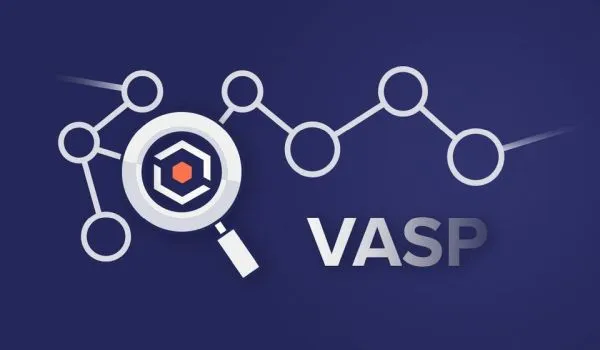The rise of cryptocurrencies has opened up new opportunities for innovation and investment, but it has also led to growing concerns around regulation and security. One term that is increasingly relevant for crypto businesses is the VASP License. Understanding what this license is and why it matters is critical for anyone involved in virtual asset services.
What Does VASP Stand For?
VASP stands for Virtual Asset Service Provider. This term is used by financial regulators to refer to businesses that deal with digital assets such as cryptocurrencies. These businesses may include crypto exchanges, wallet providers, custodians, and platforms involved in issuing or transferring digital assets.
To operate legally in many jurisdictions, these types of companies are required to obtain a VASP license from the relevant financial authority. This requirement is part of a broader global effort to prevent money laundering, fraud, and other illegal activity in the virtual asset space.
Why Is a VASP License Important?
A VASP license shows that a company is operating in compliance with financial regulations. These regulations usually include measures related to anti-money laundering (AML), counter-financing of terrorism (CFT), customer verification (KYC), and data protection.
Having a VASP license helps your business:
-
Gain trust from customers, partners, and investors
-
Establish relationships with banks and payment providers
-
Avoid legal risks and fines
-
Access international markets with greater credibility
Without a license, a company may face restrictions, fines, or even forced shutdown by regulators. In many cases, working without a license also makes it difficult to establish the banking and payment infrastructure needed to run a crypto business effectively.
Who Needs a VASP License?
If your company is involved in the following types of activities, you likely need a VASP license:
-
Operating a cryptocurrency exchange
-
Offering crypto wallets or custodial services
-
Facilitating peer-to-peer digital asset transfers
-
Running a crypto ATM service
-
Issuing digital tokens or managing an ICO
Each country has its own definition and requirements for what counts as a virtual asset service. It is important to check with a legal advisor or compliance specialist in your operating region.
How to Get a VASP License
While the process varies depending on the country, most applications for a VASP license follow a similar structure. The general steps include:
-
Register a company in the jurisdiction where you plan to apply for the license.
-
Develop a compliance framework, including internal AML and KYC procedures.
-
Appoint key personnel, including a compliance officer with relevant experience.
-
Submit required documents, such as business plans, risk assessments, and proof of capital.
-
Undergo background checks for all shareholders and directors.
-
Maintain reporting standards, once licensed, to ensure ongoing compliance.
Countries like Estonia, Lithuania, the Cayman Islands, Hong Kong, and the UAE have become popular choices for obtaining a VASP license, each offering specific regulatory benefits and business advantages.
Conclusion
The VASP license is more than just a legal requirement. It is a sign that your crypto business is serious about regulation, customer safety, and long-term growth. As global scrutiny increases, securing a VASP license early can help protect your company from compliance risks and give you an edge in an increasingly competitive market.
If you are planning to launch or expand a crypto-related service, make sure to explore the licensing requirements in your jurisdiction and get expert help where needed. Taking the right steps today can save your business from legal complications tomorrow.

